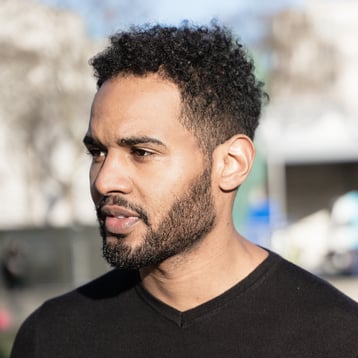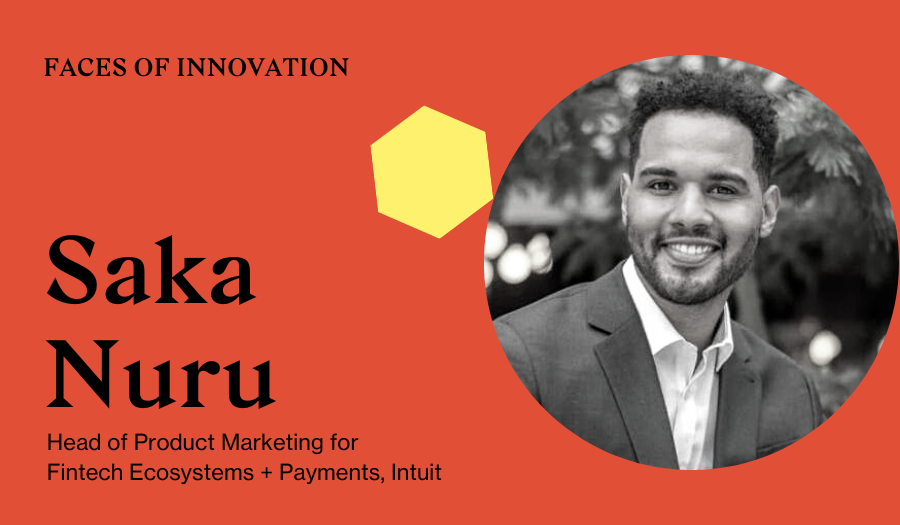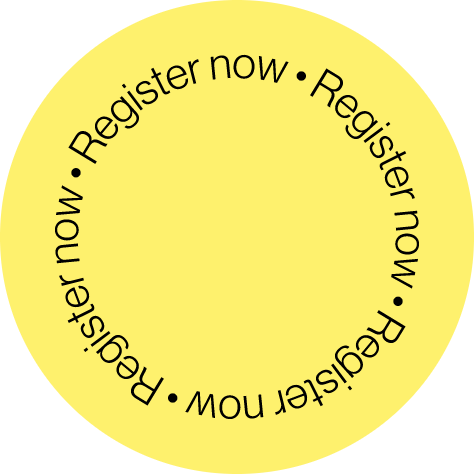
This week, we are featuring Saka Nuru, Head of Product Marketing for Fintech Ecosystems and Payments at Intuit. Intuit is a mission-driven, global financial platform with a product suite that includes TurboTax, QuickBooks, and Mint. Intuit’s products and services help more than 50M people around the world put more money in their pockets, with less work and greater confidence.
This is a two-part interview with Saka – here we explore about the role of innovation; the key tools, skills and behaviours needed to thrive. Part one gave us insight into Saka’s story and experience plus predictions and industry trends – read part one here.
What advice would you give someone looking to move into innovation? And, what would you say the key tools, skills and behaviours are?
Let’s kick off with the things I think will serve you well.
You need to be able to pivot quickly, take feedback and be open to change. But you also need to be able to defend your own ideas plus engage and excite people around your vision. Much of this you learn with experience, but the base level is being able to adapt and pivot quickly. You need to have your antennas up. You need to be curious, constantly looking to new places for inspiration and ideas.
You need to have your antennas up. You need to be curious, constantly looking to new places for inspiration and ideas.
You might pick things up from industries that are completely unrelated to what you’re doing but there might be something there that could be applicable. Let’s use Quickbooks. We might look as far as Starbucks, even though we’re an accounting firm. How do they deliver a customer experience that creates loyalty? It’s about learning and having your antennas up.
Having a commercial focus and appreciation of how businesses work is also important. We’ve seen multiple businesses and start-ups run into problems based on their commercial models and the fact the profitability wasn’t there. There’s a lot of money being pumped into companies. It’s normally after IPO where people start to think, oh man, how do we commercialise this? Does our profit and loss actually make sense? There’s a rebalancing happening now where people are saying, okay, at first it was growth at all costs, but now it’s about a tight commercial model that is scalable. Commercial acumen is invaluable in many walks of life, but for innovation in particular it’s key. Ideas and creativity are brilliant, but you need to be able to underpin that with commercial savvy.
And finally, being able to take leaps and think outside of the box. Being fearlessly and bold, but fundamentally it’s about thinking about the what if scenarios.
Being fearlessly and bold, but fundamentally it’s about thinking about the what if scenarios.
Taking people to new places and being able to tell great stories. You have to be able to excite people around an idea, take them on a journey.
Agreed. We often see brilliant consultants who have strong commercial grounding but lack the ability to step away from jumping to a solution. Our clients look for consultants that stretch the thinking, take leaps and, as you said before, have their antennas up. It’s this curiosity and creativity that allows idea development to happen.
Exactly. And so, I think that management consulting rigour can serve you well in terms of commercial and business acumen, but if you don’t have your eyes and ears open you will struggle to drive innovation and new thinking.
It would be great to understand more about your side hustles. What you do outside of your role at Intuit to educate and contribute to the industry.
The Intrapreneurs Club is something that I'm involved with. There is Founder Vine and One Tech as well. I want to support more diverse people coming into the tech ecosystem to address the diversity issues. So, I mentor people that have ideas and help them develop their skills. It’s about giving people confidence and sharing my story. I’m also being mentored. Learning from others is massively important. I’m part of the Berkeley Alumni Association here, and there are a couple of folks that made the switch from the Silicon Valley to the roundabout. Understanding their stories, successes and pitfalls, has been invaluable. I’ve also been able to test my own ideas within these circles to gain that outside viewpoint.
So that's something I do on the side. I also consult in general. So, when people are running into problems and thinking, man, who could I reach out to that would know about ecosystems, fintech and stuff like that, they can reach out to me and I consult for an hour or two. Collaboration and knowledge sharing is a big thing for me and I always encourage others to be open to this. Lastly, I am working on podcast called Saka’s is that so? which will challenge conventional wisdom across a range of industries.
And finally, what does the future hold for you? What are your aspirations and goals?
That's a great question! I love what I do and I think Intuit have the resources and culture to capitalise on what’s happening in the fintech ecosystem. This is exciting.
For the long-term future, I think I will launch my own venture. I’m an entrepreneur at heart. I’ve always got my antennas up, thinking about new ideas and looking at customer problems I could solve. It’s about being honest with myself. I have 10-15 ideas at any one time! But not all ideas are created equally, right. So, I need to ask myself am I passionate about it? Am I uniquely capable of solving it? It’s about knowing your skills and limitations and pursing the right idea. This curiosity and creativity pushes me, and it’s the insight and thinking I bring to my job every day. Who knows, Intuit may have something in the future that I can own, solve and create. Lots of exciting possibilities!
And being in London, a hub for innovation and fintech, is great. There are always barriers and complications around launching a new venture, but I think the community around entrepreneurship and innovation affords people the space to test something. The barriers have reduced massively. There’s also loads of exciting things happening. Visa acquiring Plaid for example.
The fintech space is constantly evolving and will be radically different in 10 years’ time.
The fintech space is constantly evolving and will be radically different in 10 years’ time. From voice banking and paying with your face! I want to be part of this, and in 10 years from now, I want to look back on some of the game-changing innovations I have helped bring about.



